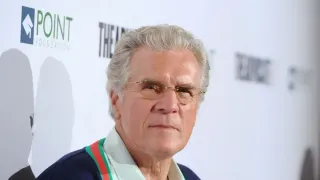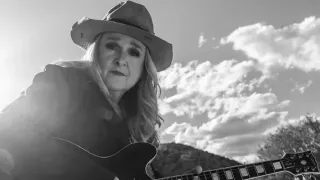December 7, 2017
Oscars Org Adopts Code of Conduct After Weinstein Expulsion
READ TIME: 1 MIN.
The Academy of Motion Pictures Arts and Science announced Wednesday that it has adopted its first code of conduct for its 8,427 members.
Film academy chief executive Dawn Hudson introduced the new rules to members in an email. In October, the academy broke with tradition and made Harvey Weinstein just the second person ever expelled from the Oscars' governing body.
The new code of conduct stipulates that the academy is no place for "people who abuse their status, power or influence in a manner that violates standards of decency."
The academy's board may now suspend or expel those who violate the code of conduct or who "compromise the integrity" of the academy.
The standards of conduct were drafted by a task force launched by the academy in October. It was formed after Weinstein was accused by dozens of women of sexual harassment and abuse. Weinstein, who won an Academy Award for "Shakespeare in Love," has denied all allegations of non-consensual sex.
Hudson told members that more details on the process by which offending members will be judged will be announced later.






